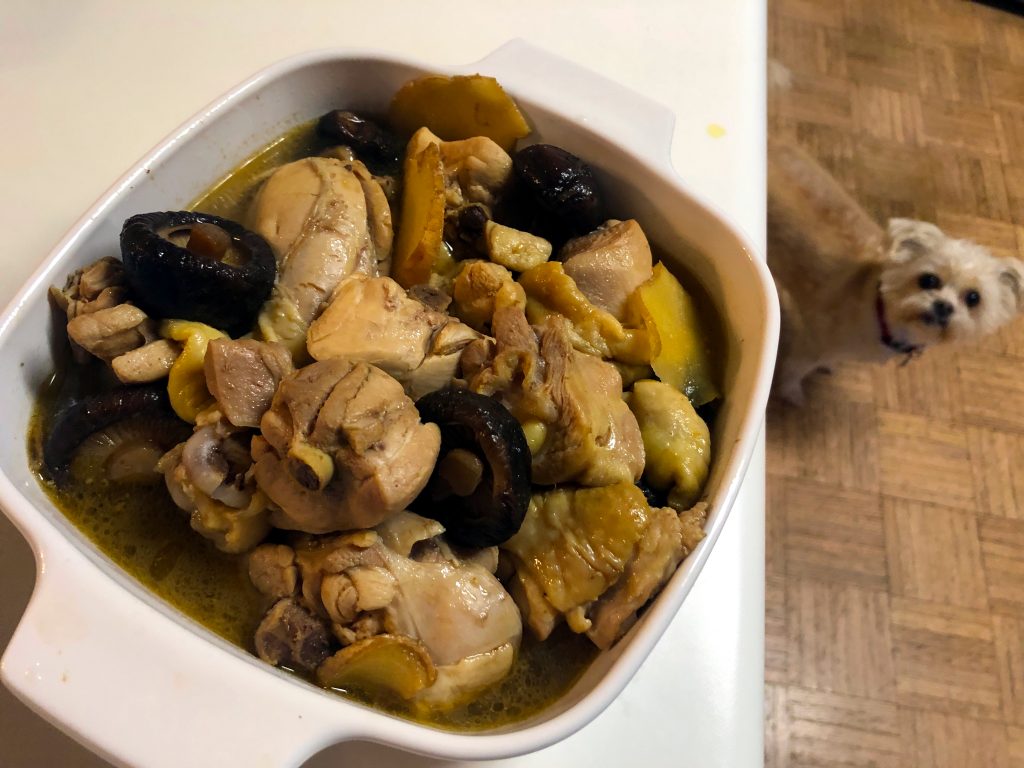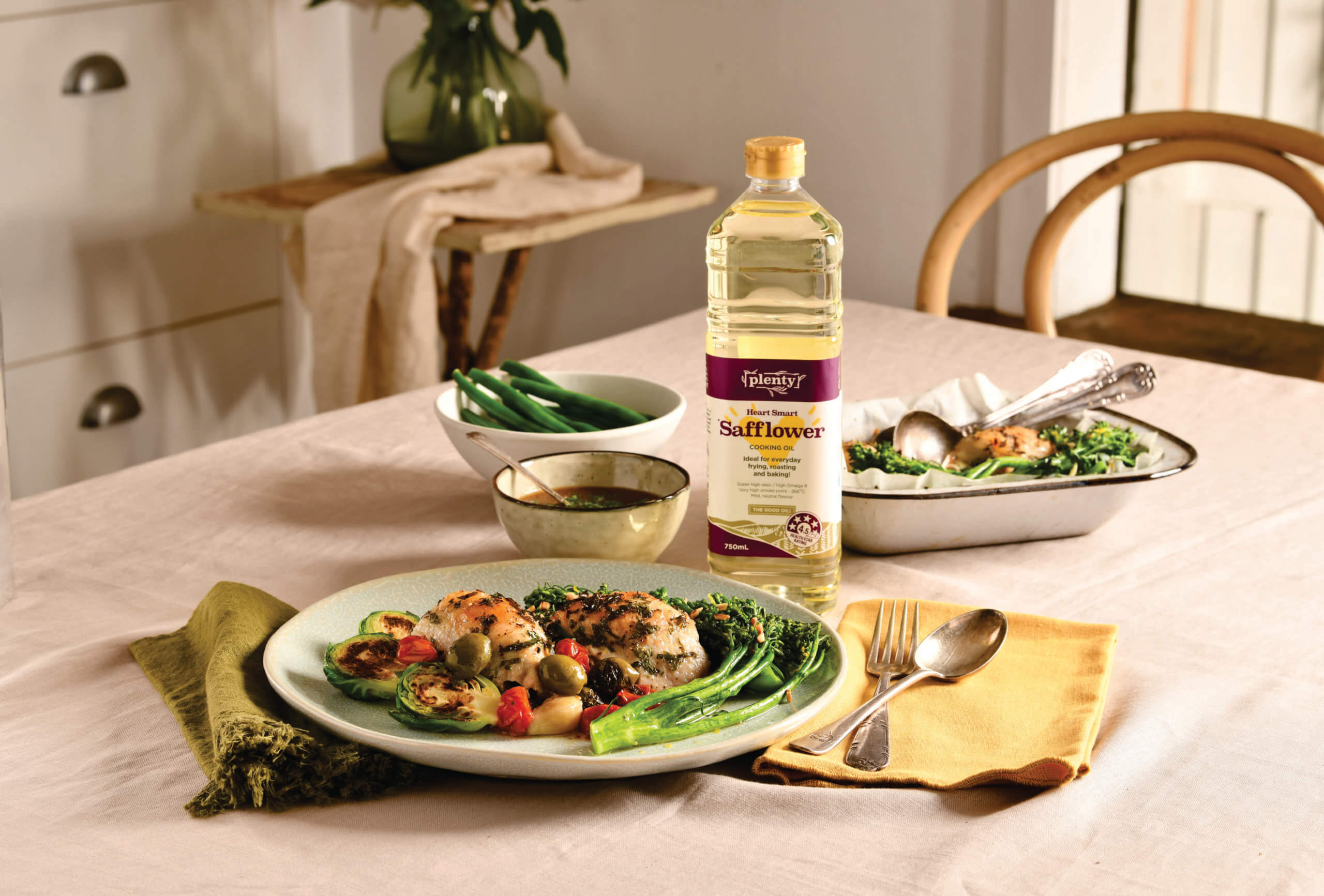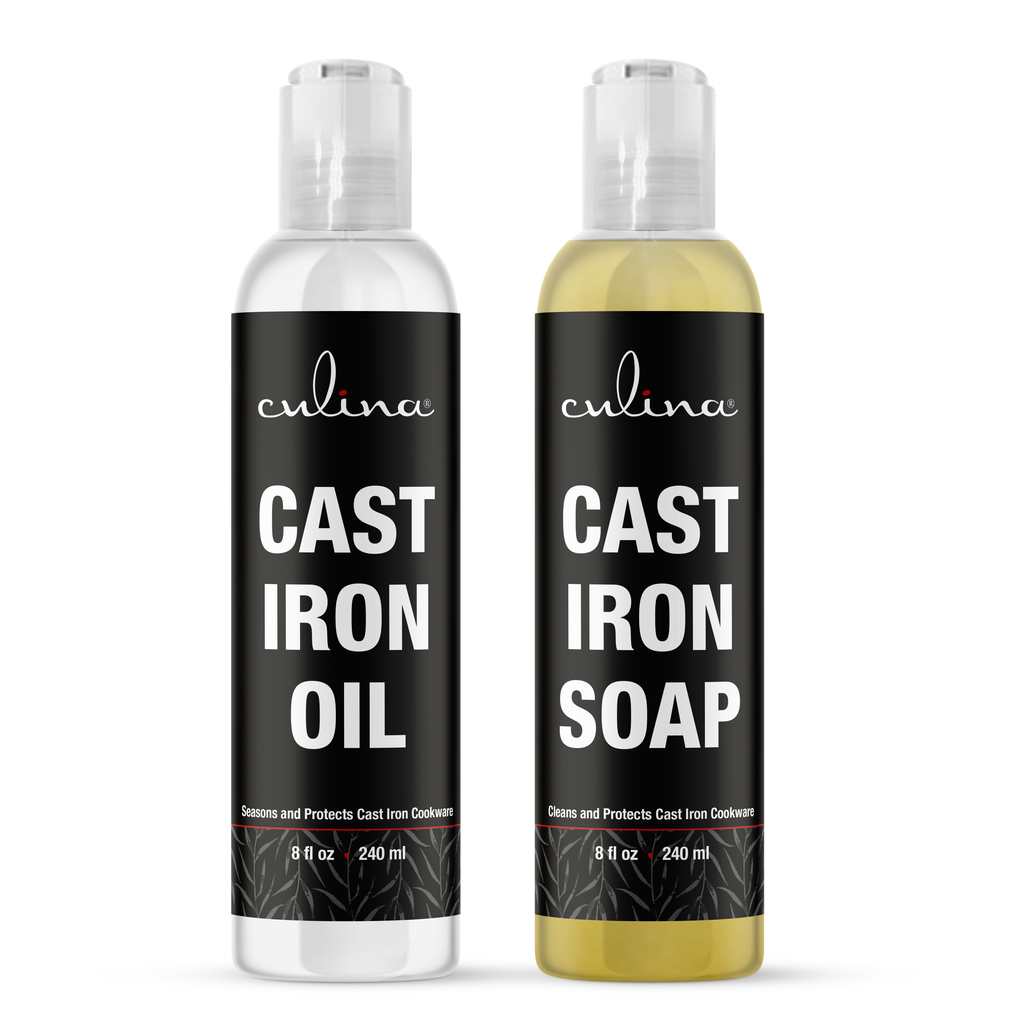Which Cooking Oil is Good for Health? Essential Insights
When it comes to cooking, choosing the right oil is pivotal not only for flavor but also for maintaining good health. The question, 'which cooking oil is good for health', often weighs heavily on the minds of those who are health-conscious, including beauticians looking to optimize their clients' well-being. With the plethora of oils available, it can be challenging to determine which ones are beneficial. This article aims to shed light on this important topic.
From the infamous vegetable oil to the increasingly popular olive oil, a careful examination of the various cooking oils reveals their health impacts. Understanding the composition of different types of oils is the first step in making informed decisions. For beauticians, integrating health-conscious culinary practices can also enhance their role in promoting overall wellness among their clients.

The Basics: Understanding Cooking Oils
Cooking oils primarily consist of fatty acids, and their health benefits depend largely on their types and how they are processed. Some oils are rich in saturated fats, while others contain more unsaturated fats, which are generally regarded as healthier.
Furthermore, the extraction process plays a vital role. Cold-pressed oils retain most of their natural nutrients, making them a better choice. In contrast, refined oils may have undergone processes that strip away valuable components.
Common Types of Cooking Oils
Let's dive into some common cooking oils and analyze their health benefits and potential drawbacks.
1. Olive Oil
Olive oil is often hailed as one of the healthiest cooking oils. Rich in monounsaturated fats and antioxidants, it has been shown to decrease the risk of heart disease. Beauticians advocating for proper skin health will appreciate that olive oil may also contribute to improved skin hydration.
2. Coconut Oil
Coconut oil has gained a strong reputation for its unique composition of medium-chain triglycerides (MCTs). While it is high in saturated fats, it is often considered a healthy option due to its metabolism-boosting properties. However, moderation is key, especially for clients with heart health concerns.
3. Avocado Oil
Avocado oil boasts a high smoke point, making it versatile for various cooking methods. This oil is rich in healthy fats and vitamins, which can also aid skin health, making it a favorite among beauticians.
4. Canola Oil
Canola oil is another option that is low in saturated fats and high in omega-3 fatty acids. Although it is often praised for its heart-health benefits, many beauticians might want to consider the refining process it goes through, which can affect its nutritional profile.
5. Flaxseed Oil
Flaxseed oil is known for being rich in omega-3 fatty acids and is a great option for those following a plant-based diet. Its important to keep flaxseed oil away from high heat, making it suitable for dressings rather than cooking.

Health Implications of Cooking Oils
Choosing the right cooking oil can have serious health implications.
Using oils high in saturated fats can contribute to various health concerns, including cholesterol buildup and heart disease. A diet rich in omega-3 fatty acids, on the other hand, can support cognitive function and reduce inflammation, which is beneficial not only for general health but also for skin appearance.
Integrating Healthy Oils in Daily Cooking
For beauticians who are looking to impart healthy habits to clients, understanding the proper ways to integrate beneficial oils into their diets is crucial. Here are some suggestions:
- Use olive oil for sauting veggies or as a base for dressings.
- Incorporate avocado oil for high-heat cooking.
- Opt for flaxseed oil in smoothies or as a salad dressing.

Potential Drawbacks of Common Oils
Not all oils are created equal. It's essential to understand which oils to avoid or consume in moderation. For instance, vegetable oil is often refined and lacks nutrient density. For more details on this, check out our article on why vegetable oil is bad.
Many common cooking oils undergo processing that strips them of their natural goodness. Its essential to consider not just the type of oil but also how it is produced. Regular consumption of overly processed oils can lead to health issues over time.
Common Misconceptions About Cooking Oils
Numerous myths surround cooking oils including the idea that all saturated fats are harmful. While excessive intake is harmful, certain saturated fats, like those in coconut oil, can provide health benefits when consumed in moderation.
Another misconception is that extra virgin olive oil should never be heated. While it is true that high heat can degrade its quality, moderate heating is generally acceptable.

The Choice: Favorite Cooking Oils for Beauticians
As professionals encouraging holistic health, beauticians should lean towards oils that promote both physical wellness and beauty from within.
- Choose **cold-pressed oils** whenever possible.
- Favor organic oils to reduce exposure to chemicals.
- Understand the flavor profiles of oils to enhance dishes.
Cooking Oil and Skin Health
The relationship between cooking oil and skin health is paramount. Oils rich in antioxidants and essential fatty acids, like olive and avocado oil, provide not only cardiovascular benefits but also support skin elasticity and hydration.
Additionally, beauticians may recommend oils high in vitamin E, like sunflower oil, for their moisturizing properties and for supporting skin barrier functions.
Recommended Reading and Resources
Further understanding of cooking oils can aid in promoting health among your clients. For deeper insights, refer to what is castor oil good for and learn about its unique properties.
Another useful resource is substitutes for vegetable oil that can improve your cooking practices.
For those interested in more specific oils, here's an insightful read on vegetable oil composition.
FAQs About Cooking Oils
1. Is olive oil the healthiest option for cooking?
Many dietary experts recommend olive oil, particularly extra virgin, for its health benefits and flavor. It is versatile and can be used in various dishes.
2. Can coconut oil be harmful to health?
Coconut oil is high in saturated fats. While it can benefit metabolism, excessive consumption may raise cholesterol levels. Moderation is key.
3. What is the best oil for frying food?
Oils with high smoke points, such as avocado oil or peanut oil, are suitable for frying. Avoid oils that can degrade easily under high heat, like olive oil.
As an Amazon Associate, I earn from qualifying purchases.

